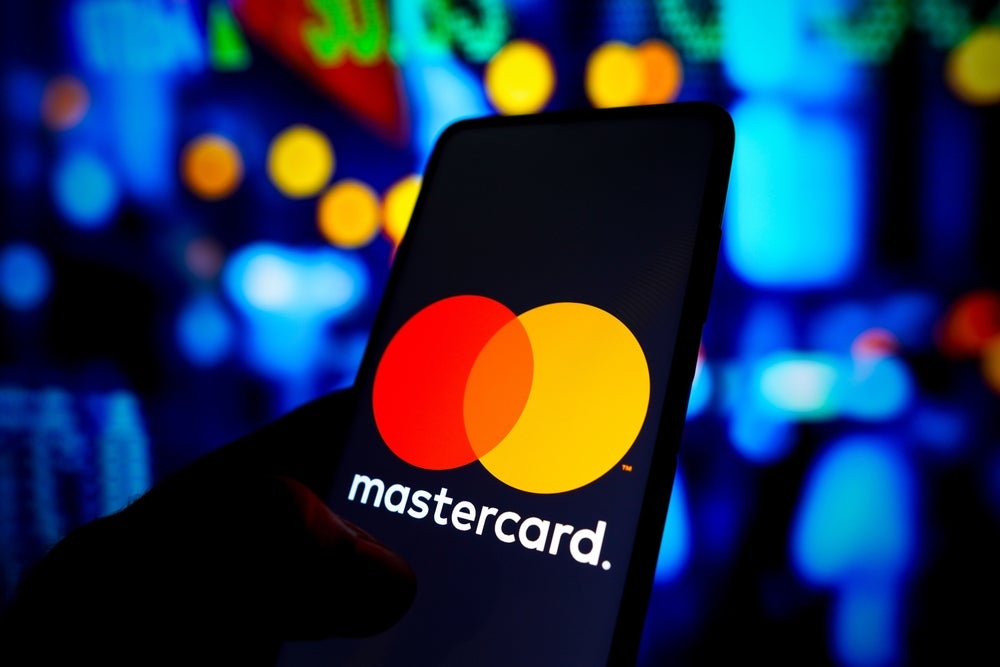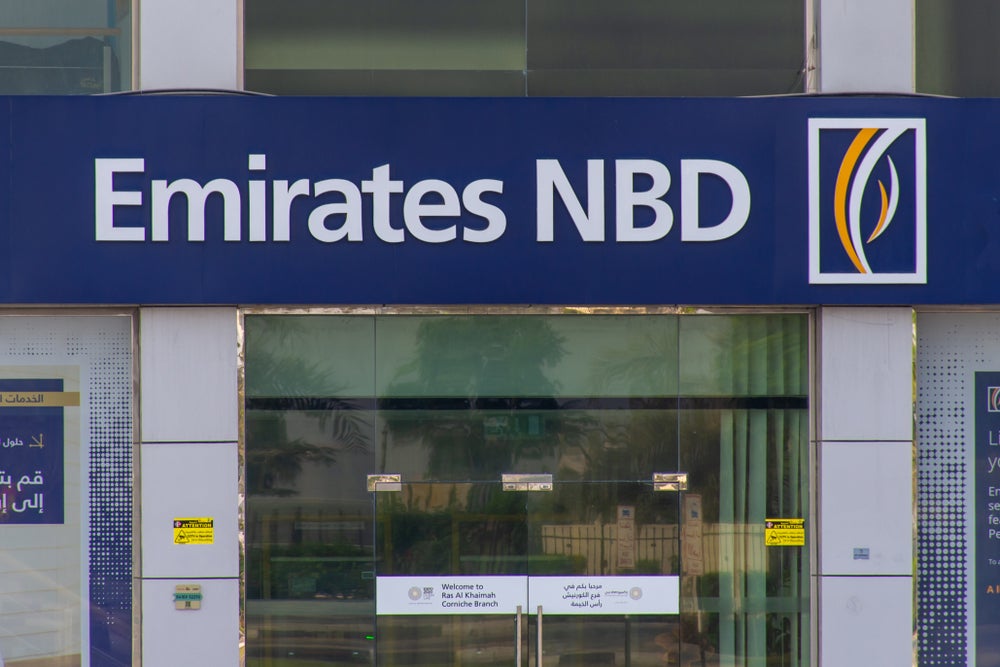The bad news are coming hard and fast for the buy-now-pay-later (BNPL) industry. First publicly traded players like Affirm and Zip’s shares took a pummeling on the back of the global market volatility caused by the triple-whammy of Russia’s war in Ukraine, rising inflation and governments having to pay for their Covid-19 response.
Then BNPL giant Klarna cut 10% of its staff. The Swedish quadradecacorn is now rumoured to be facing the realities of a downround that could slice its valuation from $45.6bn to around $15bn. The pressure on the sector grew in June when Apple announced plans to roll out its own instalment services across the US.
However, this hasn’t deterred UK neobank Revolut from announcing the rollout of its own BNPL service. The £33bn challenger bank plans to provide its services in Europe. However, British customers will have to wait to split their payments with the fintech firm.
“We are currently trialling Revolut Pay Later in Ireland, and we have no current plans to bring it to the UK at this stage,” a Revolut spokesperson told Verdict. “We’ll update you when we have news around Revolut’s plans for offering Pay Later to UK.”
Revolut plans to roll out the service in Poland and Romania by the end of 2022.
Revolut’s announcement follows in the footsteps of rivals Monzo and Lunar that have already rolled out BNPL services. Incumbent fintech players like PayPal and Mastercard have also introduced instalment services of their own over the years.
How well do you really know your competitors?
Access the most comprehensive Company Profiles on the market, powered by GlobalData. Save hours of research. Gain competitive edge.

Thank you!
Your download email will arrive shortly
Not ready to buy yet? Download a free sample
We are confident about the unique quality of our Company Profiles. However, we want you to make the most beneficial decision for your business, so we offer a free sample that you can download by submitting the below form
By GlobalDataThe industry grew massively over the course of the pandemic. The BNPL industry is expected to keep growing to be worth $166bn by 2023, according to GlobalData’s thematic research.
While there are definitely stumbling blocks in the road ahead of BNPL players, Revolut joining the fray is a sign that the race is far from over.
What’s the Revolut BNPL service like?
So what’s up with the Revolut BNPL offering? At a glance, the new product enables the customer to pay for a product or service in three monthly instalments. The first will be done at the time of purchase.
However, there are some key differences between the neobank’s service and that other players provide.
For starters, the solution doesn’t need merchants to sign up to it, which is the case with the likes of Klarna, who earns commission purchases made through its platform. The Revolut BNPL service will be available everywhere that already accepts Revolut payments.
Instead of being paid by merchants, the challenger makes money from the new service by adding a 1.65% fee of the purchase. The fee will be split between the last two payments.
Revolut is also keen on being perceived as a responsible BNPL operator. This is hardly surprising as regulators and consumer advocacy groups have warned that BNPL services could put users’ financial health at risk.
“Revolut Pay Later gives our customers more control and flexibility over their personal finances, in a responsible way, by enabling them to spread the cost of purchases over three instalments,” said Joe Heneghan, CEO Revolut Europe.
The challenger bank argues that it reduces this risk by carrying out a soft credit check before the user can tap into the service. The neobank uses open banking data from customers’ linked bank accounts to establish whether a customer is able to afford Pay Later.
“Customers who cannot afford the payments for the minimum size of a Pay Later limit of €200 will not be approved a facility, and customers who are approved are provided limits between €200 and €499 depending on their respective levels of affordability,” the Revolut spokesperson said.
Is that enough protection?
Some market watchers have already given the soft credit check and the spending limit a thumbs up.
“Putting a reasonable limit on the BNPL scheme is definitely a good way of protecting users from going overboard on how much they are spending,” Brean Horne, personal finance expert at NerdWallet, told Verdict. “Having a maximum of $499 will help prevent people from entering huge amounts of debt, encouraging them to use the scheme sensibly.”
Horne, however, warns that while these measures may help, it’s up to the consumer to ensure to do their due diligence.
“Like many forms of debt, it’s important to fully understand the risks associated before committing yourself to any kind of financial contract or agreement,” Horne said.
“Lower credit scores may make it more difficult to successfully apply for new credit, as well as impact your ability to apply for mortgages, bank loans, car insurance, utility bills etc.
“If you use your credit card to make the repayments and don’t repay your credit card then you will end up paying interest as well. Late or missed payments may also be listed on your credit file as a default, which can again make it difficult to get approved for other loans in future.”
Revolut has stated that its Pay Later service would not affect credit scores.
GlobalData is the parent company of Verdict and its sister publications.








